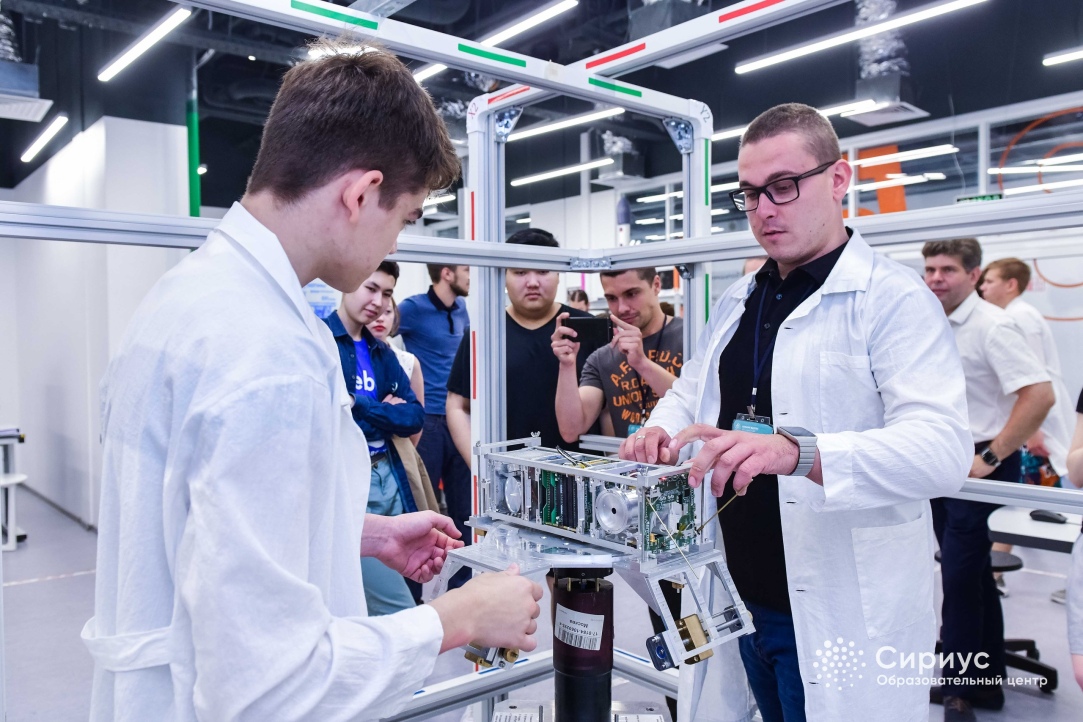Researchers from HSE University in Nizhny Novgorod, MISIS and the Artificial Intelligence Research Institute (AIRI) have developed an algorithm that selects the best available neural network for facial recognition, taking into account the features of a mobile device. This new approach accelerates the selection of the most suitable neural network and allows the identification of people with an accuracy rate of up to 99%. The study was published in the
IEEE Access journal. The source code is available on GitHub.




















